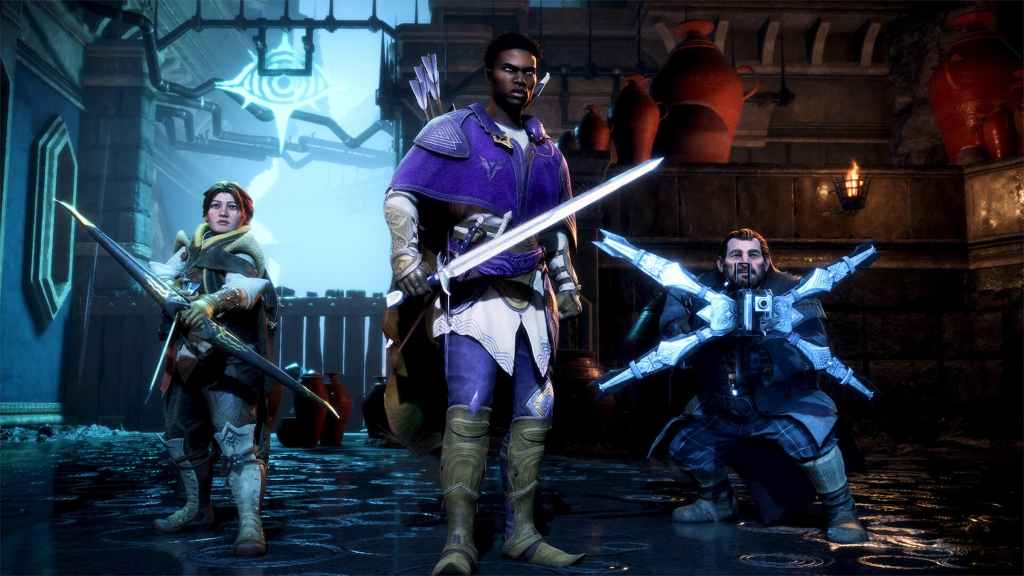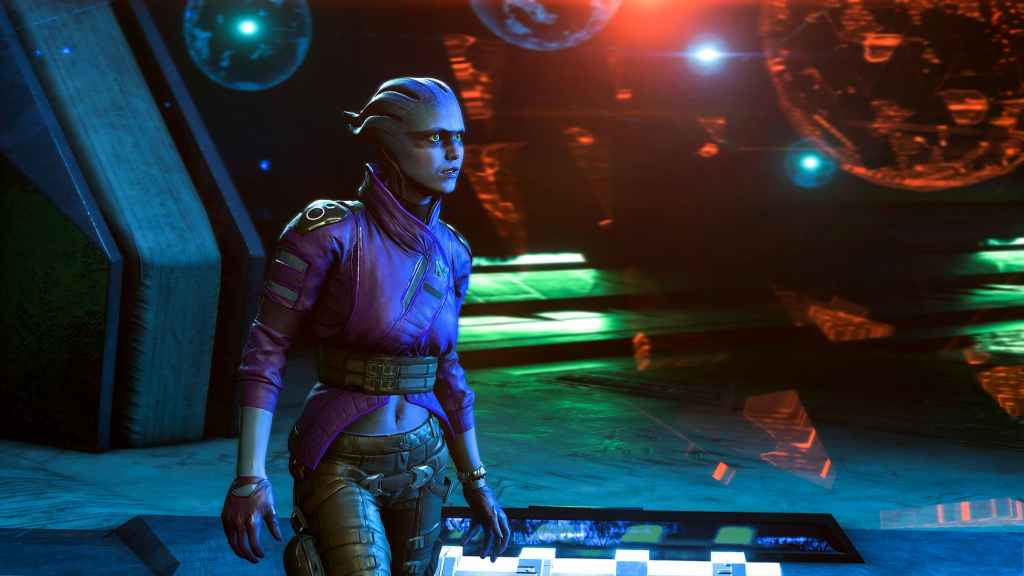In gaming, disappointment doesn’t always come from a bad game. Sometimes it comes from a game that arrives at the wrong time, under the wrong expectations, or carrying the burden of a legacy it can’t possibly meet. Fans can forgive technical flaws, and they can shrug off a rocky launch, but what’s harder to overlook is the feeling that a long-running franchise has suddenly lost its direction. Over the last decade, we’ve seen more than a few major series stumble, leaving fans wondering whether the magic that once defined them can ever fully return.
Videos by ComicBook.com
What makes these missteps so impactful is the place these franchises hold in gaming history. These are series that helped define genres, shape player expectations, and build the foundations of modern RPGs and shooters. When they falter, it doesn’t just hurt sales, but breaks trust. Players invest years into these worlds and characters, only to watch the newest entry undermine what made them special. And while many franchises eventually recover, some mistakes leave lasting cracks that are far harder to repair. These three disappointing games didn’t just miss the mark; they genuinely damaged their franchises in ways few expected.
3) Dragon Age: The Veilguard

Dragon Age was once one of BioWare’s pillars, a franchise known for deep role-playing systems, mature storytelling, and morally complex fantasy. Expectations were understandably high for Dragon Age: The Veilguard, the long-awaited follow-up to Inquisition. But instead of revitalizing the series, Veilguard immediately sparked controversy. From the moment its first trailers dropped, fans voiced concerns about tone, art direction, and a noticeable shift toward action-heavy gameplay that felt more like a hero-shooter than a tactical RPG successor.
The biggest issue wasn’t that Veilguard looked bad, quite the opposite, the game is actually pretty good. It looked different in a way that seemed to discard the foundation the series had been built on, to the point that it wasn’t Dragon Age. The series isn’t just swords and magic; its political intrigue, branching narratives, and party-based strategizing. Many longtime players feared these elements were being sidelined in favor of something more mainstream.
But the real damage wasn’t to the product itself; it was to fan confidence in the series. After multiple delays, internal reworks, and EA’s constant pressure on BioWare, audiences hoped Veilguard would be a triumphant return to form. Instead, it reignited years of concern about BioWare’s direction after losses like Mass Effect: Andromeda and Anthem. Even before launch, skepticism became the dominant narrative, overshadowing the game’s strengths. For a franchise that once stood alongside The Elder Scrolls and The Witcher, this perception problem was devastating.
2) Mass Effect Andromeda

Few franchises in gaming history have enjoyed a fanbase as devoted as Mass Effect. The original trilogy wasn’t just successful; it was iconic, a benchmark for cinematic RPG storytelling and player-driven consequences that is unrivaled today. So when Mass Effect: Andromeda launched in 2017, expectations were astronomical. Unfortunately, the game became one of the industry’s most infamous disappointments.
The technical issues alone were brutal. Stiff animations, bizarre facial expressions, and game-breaking bugs became instant memes. Clip after clip circulated across social media, overshadowing any of the game’s legitimate strengths. These weren’t minor glitches but actively undermined the emotional resonance the series was known for. When your characters look like malfunctioning robots during pivotal story moments, the experience collapses.
But beyond the bugs, Andromeda struggled with identity. Its writing lacked the nuance and emotional intensity of the Shepard-era trilogy. Characters felt flatter, plotlines felt safer, and the sense of urgency that drove the original games was replaced by a lighter, almost aimless tone. The exploration aspect, meant to be the game’s centerpiece, failed to deliver meaningful discoveries, leaving many planets feeling repetitive and underdeveloped.
The real tragedy is that Andromeda wasn’t unsalvageable. Patches fixed many technical issues, and the core gameplay had potential. But the damage was done. Fan disappointment was so overwhelming that EA shut down the Montreal studio responsible for development and canceled all planned DLC. The franchise hibernated for years, its reputation shrouded not in its former glory but in the shadow of Andromeda’s failure, a shadow that threatens Mass Effect 5.
1) Halo Infinite

Few franchises carry the weight of Halo. For two decades, it has been synonymous with Xbox itself, a flagship series that shaped the entire console shooter landscape. So when Halo Infinite arrived in 2021 after a long, troubled development cycle, expectations were sky-high. The game needed to not only succeed, but it also needed to remind everyone why Halo still mattered. Instead, it became the most disappointing entry in the franchise’s history.
At launch, Halo Infinite showed undeniable promise. The campaign was solid, the moment-to-moment gunplay felt incredible, and the free-to-play multiplayer had the foundation for something truly great. But the honeymoon ended quickly. The biggest issue was simple: a complete lack of content. Fans waited months for basic features like Forge, cooperative campaign, new maps, consistent seasons, game modes, and meaningful progression systems. Live-service shooters live or die based on updates, and Infinite spent its first year starving players of reasons to return.
The progression system felt outdated, customization was overly monetized, and seasonal delays left the community frustrated and fractured. The result? Player counts plummeted. Even die-hard fans who loved the gameplay found themselves drifting away due to the game’s painfully slow development cadence. More damaging was the impact on the Halo brand. Infinite was meant to revive the franchise after Halo 5: Guardians left fans divided. Instead, it reinforced doubts about whether 343 Industries could steer the series forward. Now rebranded to Halo Industries, the team hopes to rekindle faith with Halo: Campaign Evolved and the upcoming multiplayer title.
What do you think? Leave a comment below and join the conversation now in the ComicBook Forum!









